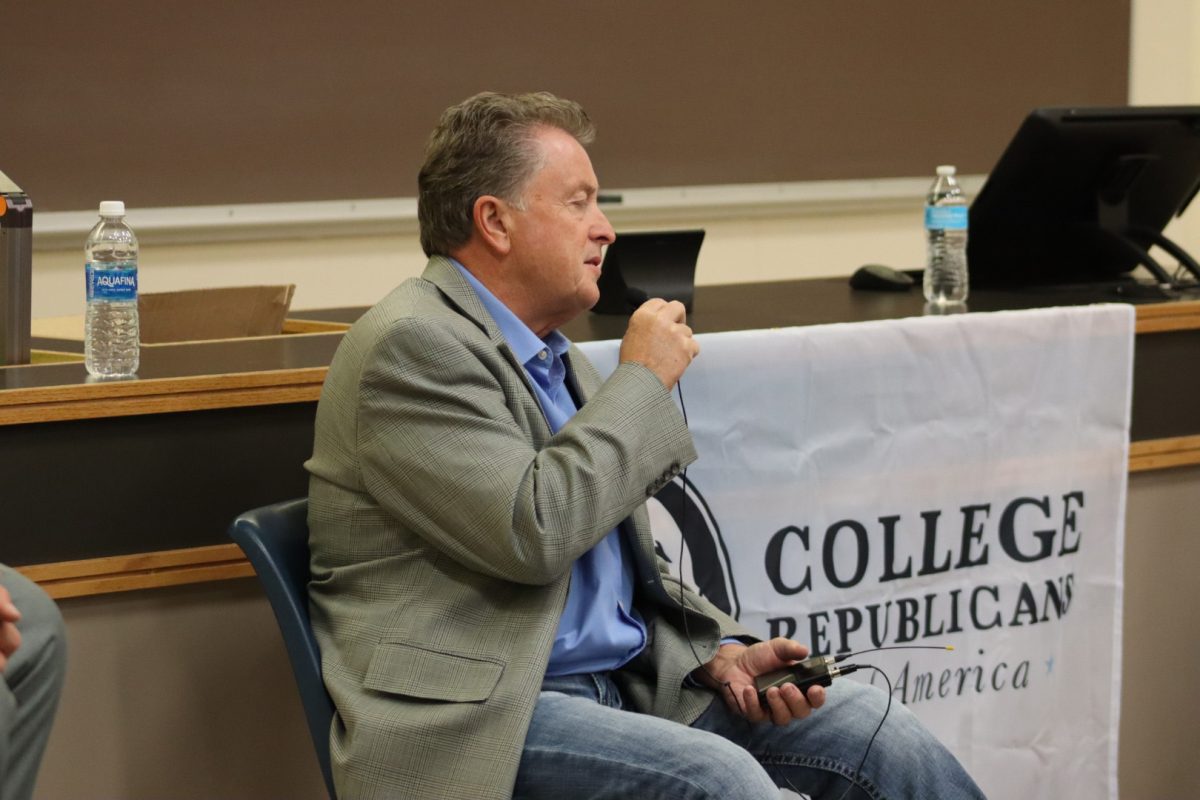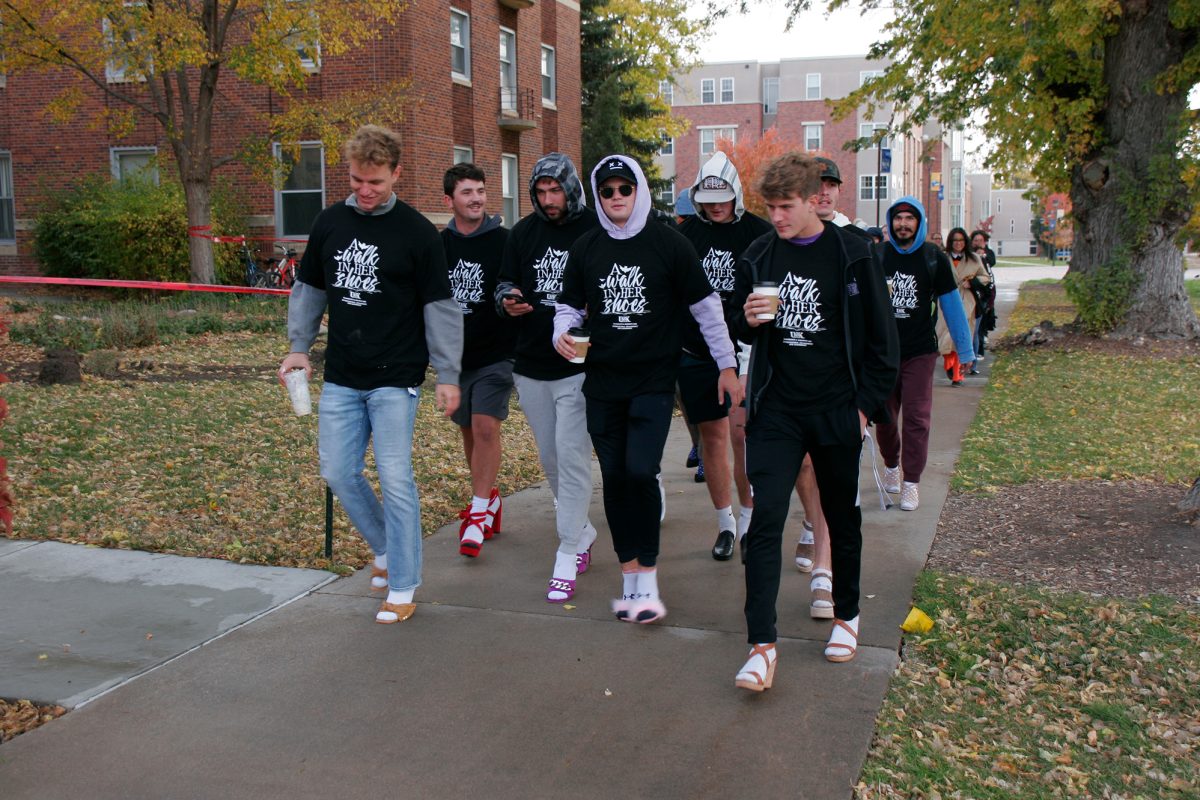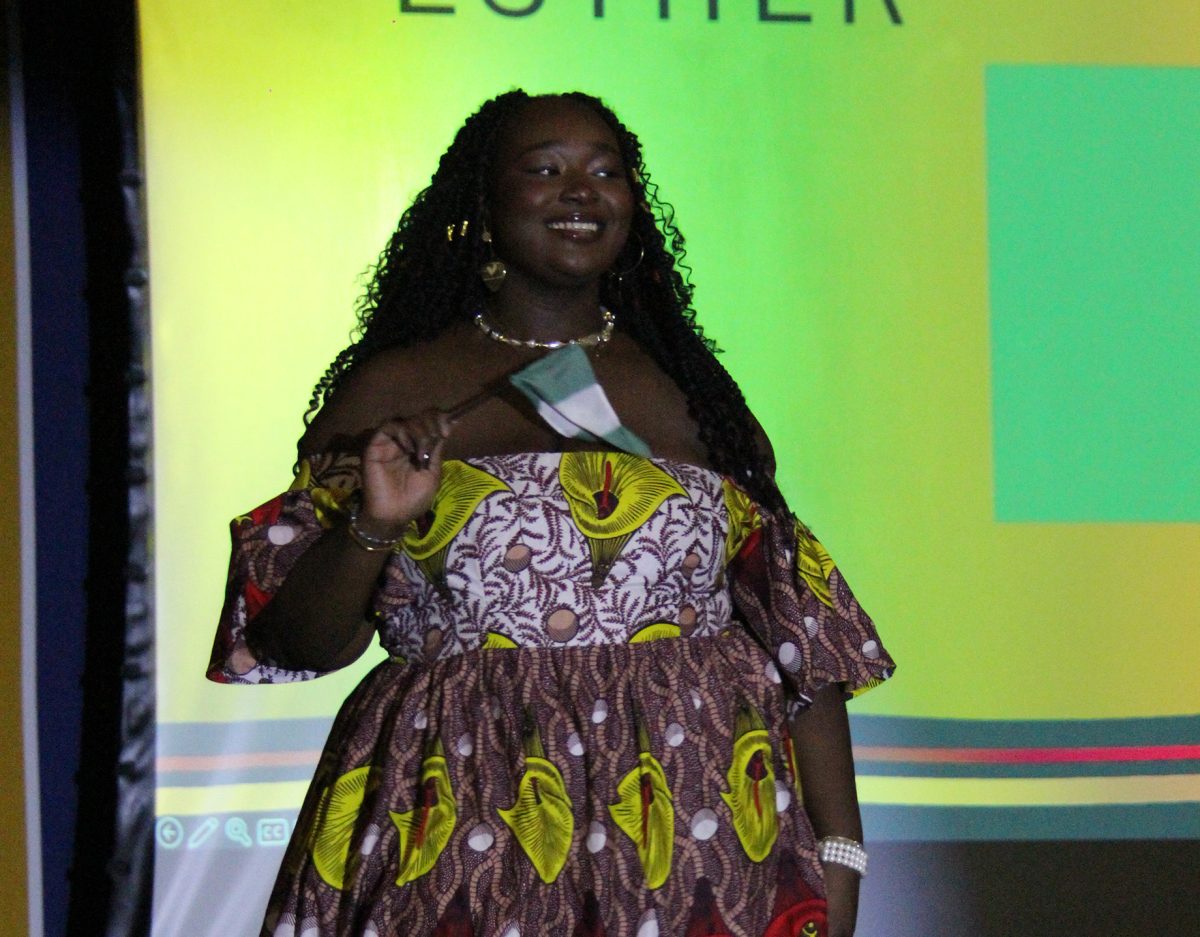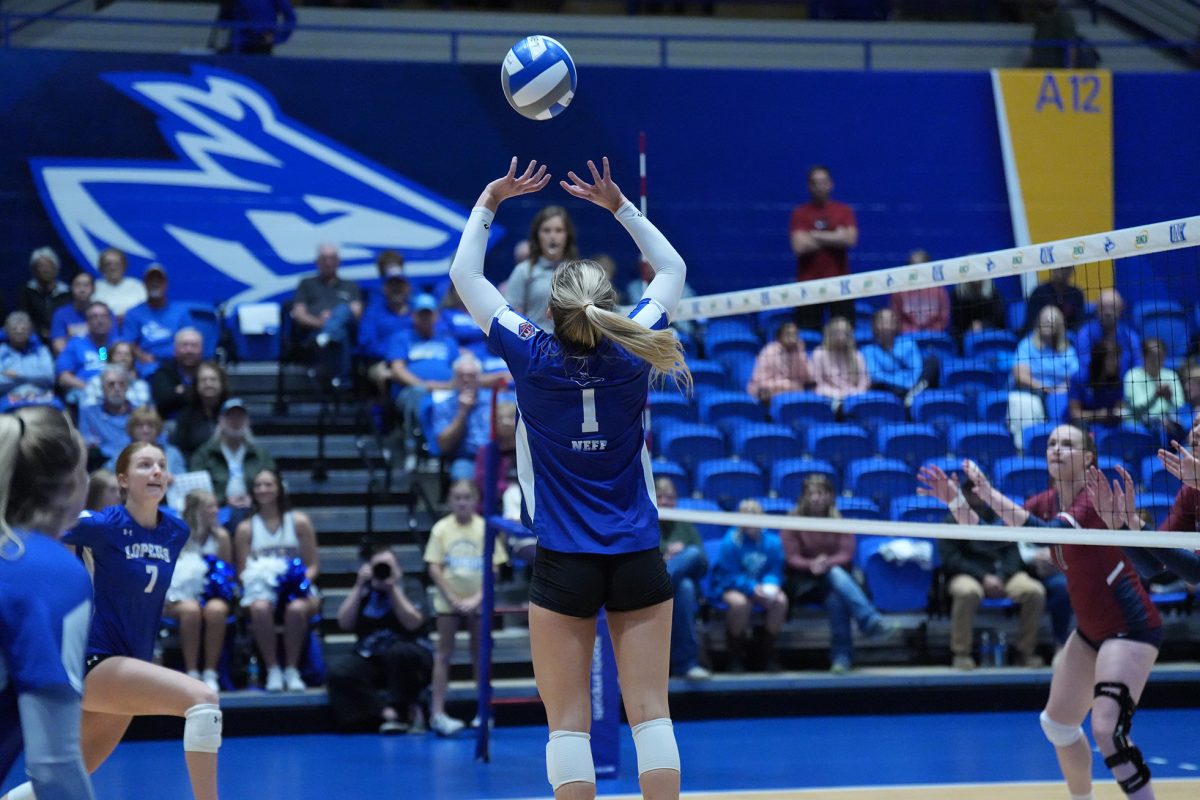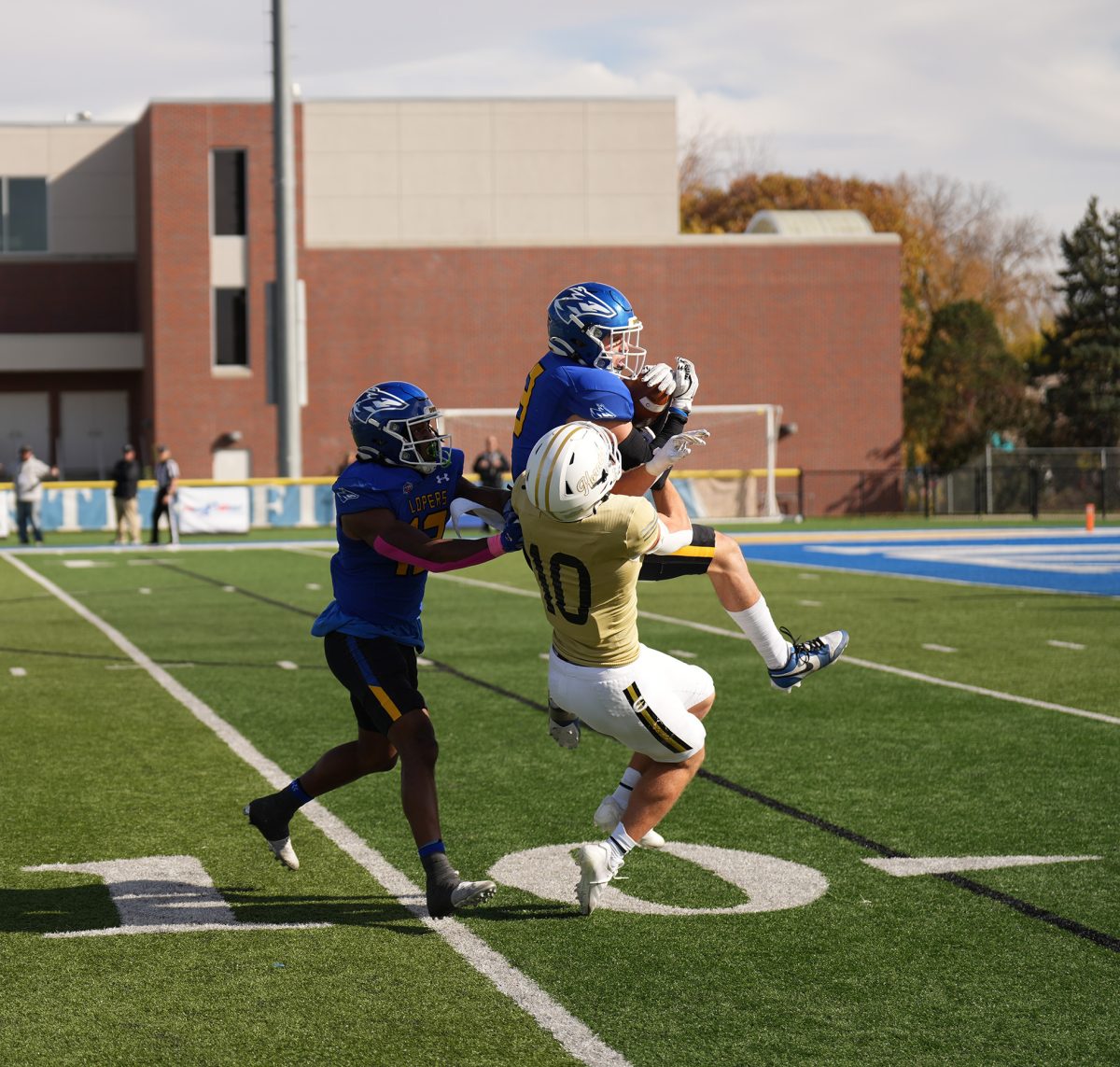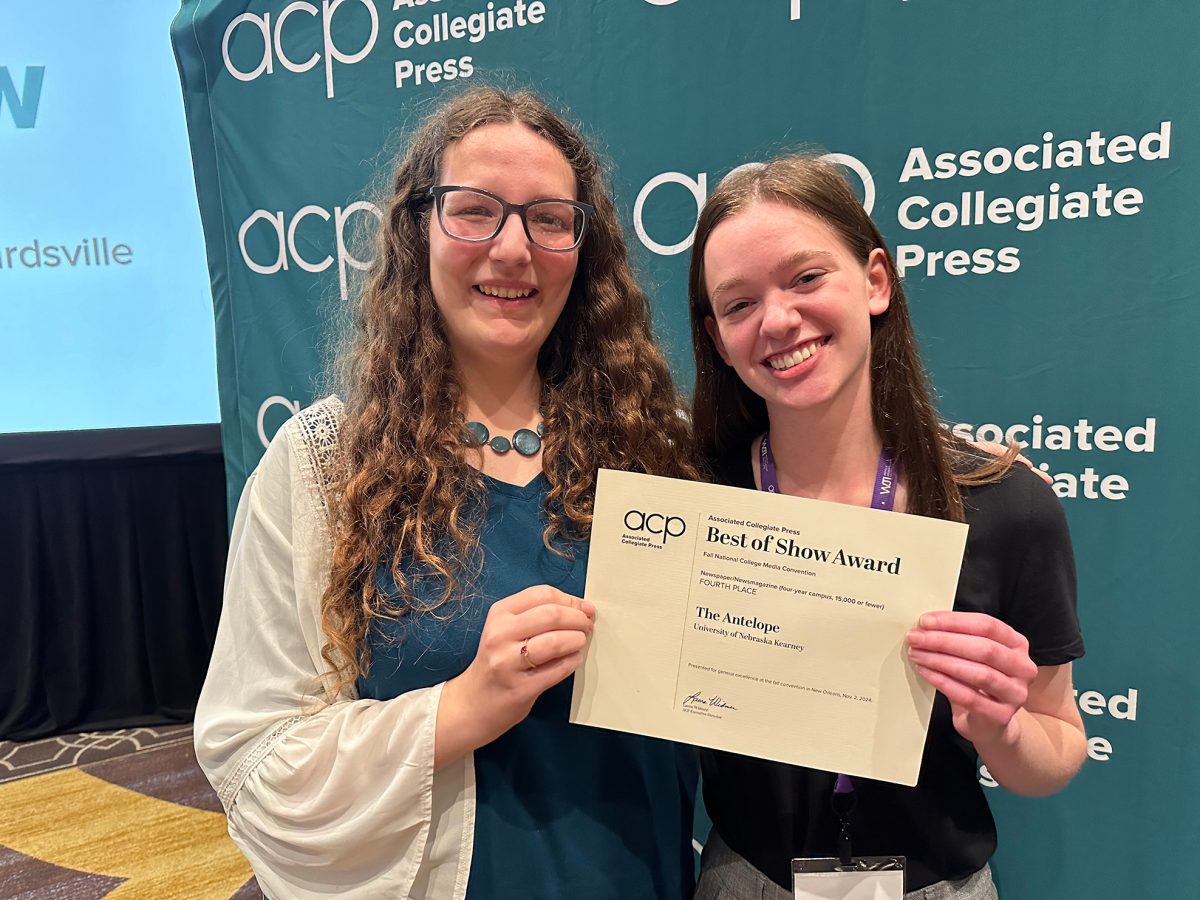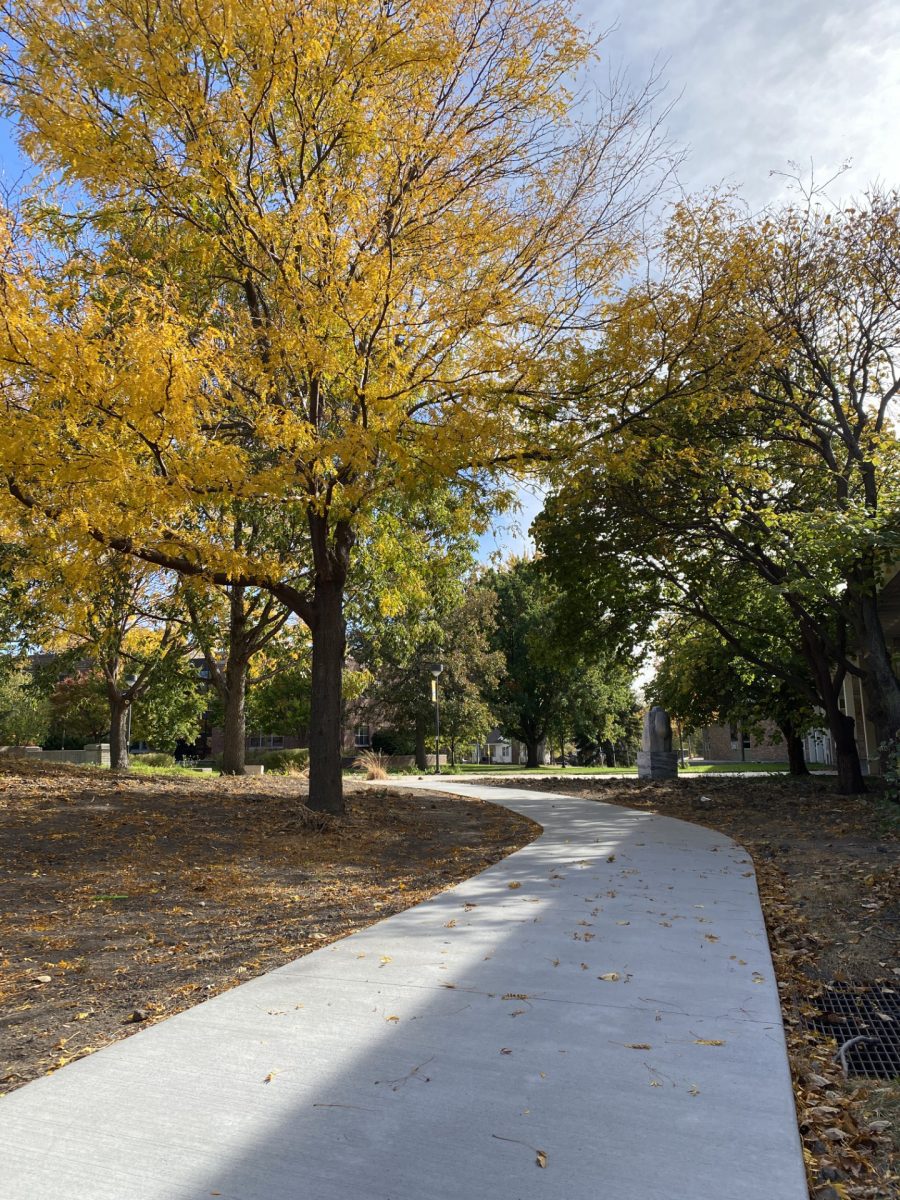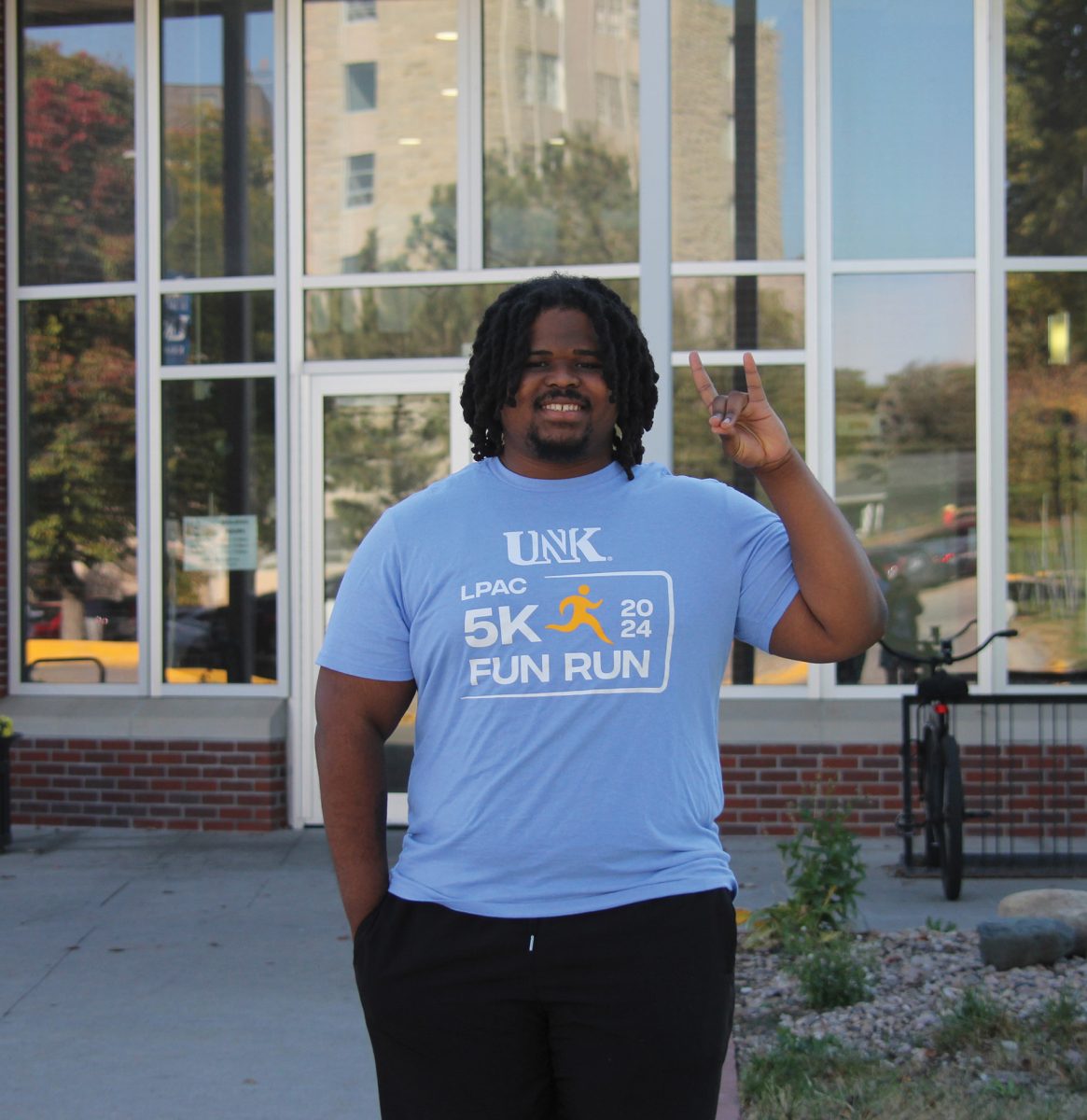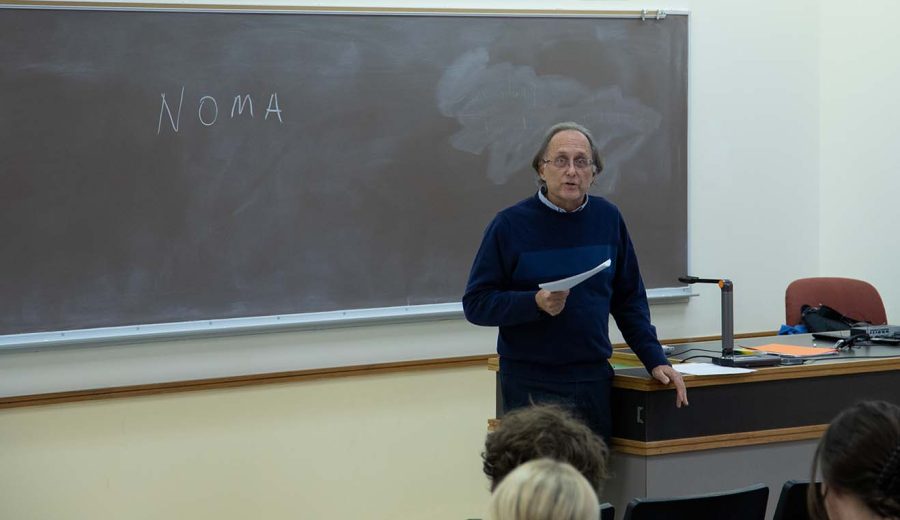In 2019, the Coordinating Commission for Postsecondary Education notified the UNK philosophy program that the number of philosophy students and graduates did not meet the required standards.
Three years later, the philosophy major at UNK is being considered for discontinuation.
“I’d reiterate that this gives me no pleasure in the least. It saddens me,” said Charlie Bicak, the senior vice chancellor for Academic and Student Affairs. “On the one hand discontinuance or elimination is not popular, and that’s something that’s high on my agenda. On the other hand, it’s healthy to take a critical look at ourselves to make honest change that causes us to be better.”
The average number of philosophy graduates has dropped to three per year, and the program has 12 minoring students and seven majoring students.
Nebraska’s CCPE is tasked with “approving or disapproving academic programs based on specific criteria.”
The educational policy committee consists of the university-wide Academic Affairs Committee and chief academic officers. Bicak said this fall and into the spring, the determination will be passed on to the Academic Affairs Committee of the Board of Regents.
“Ultimately then, how I would like to describe it is we take care of our business before the Coordinating Commission steps in and says, ‘You must eliminate this program,’” Bicak said. “I’ve never had to have that happen.”
To increase their numbers, the philosophy program established a scholarship program, updated their website, encouraged students to consider the major and attempted to collaborate with other departments.
“We’ve been making the effort, but it’s a two-way street,” said Dr. David Rozema, the philosophy program chair. “One thing I did last year, was I submitted two possible new tracks under the philosophy degree — one of them was a pre-law track and the other was a philosophy-literature track — but both of those things were not approved by the dean.”
The pandemic cancelled plans to present at high schools and moved discussion-based classes online.
Due to changes in general studies requirements, students are required to take one humanities course with 40 options to choose from — five of which are philosophy courses.
Dr. Gene Fendt, a philosophy professor, said students are enrolling in ethics classes in other departments, and he compared philosophy’s situation to the decreasing number of physics graduates.
Bicak said UNK’s partnership with UNMC requires health science majors to take bio ethics and physics as prerequisites. He said physics plays “a supportive role that is different than philosophy.”
“[The university] has been purposefully narrowing and cutting out any possibilities for any student to come in and take philosophy just by accident or because it sounds interesting,” Fendt said. “That’s usually how people get started in philosophy. If you don’t try it, you don’t find out what it is, and you don’t find out how it works.”
To inspire student interest in the program, Jonathan Drozda, a philosophy and psychology senior, created the philosophy club.
“We examine different philosophers’ ideas for good life advice, and we hope to be able to enhance the interest from students in any major,” said Drozda, the club’s president.
Drozda started a petition to “increase the interest in taking philosophy classes, as well as preserve the department at least for some time.”
Bicak said philosophy will not be entirely eliminated from UNK. The decision is leaning toward keeping it as a minor instead with current majors finishing their degrees and philosophy professors continuing to teach.
“If there were ever a disciplinary area that were the umbrella for the whole of higher ed is philosophy and figuring out how to make those connections gives me hope, and I think there’s promise there,” Bicak said.


